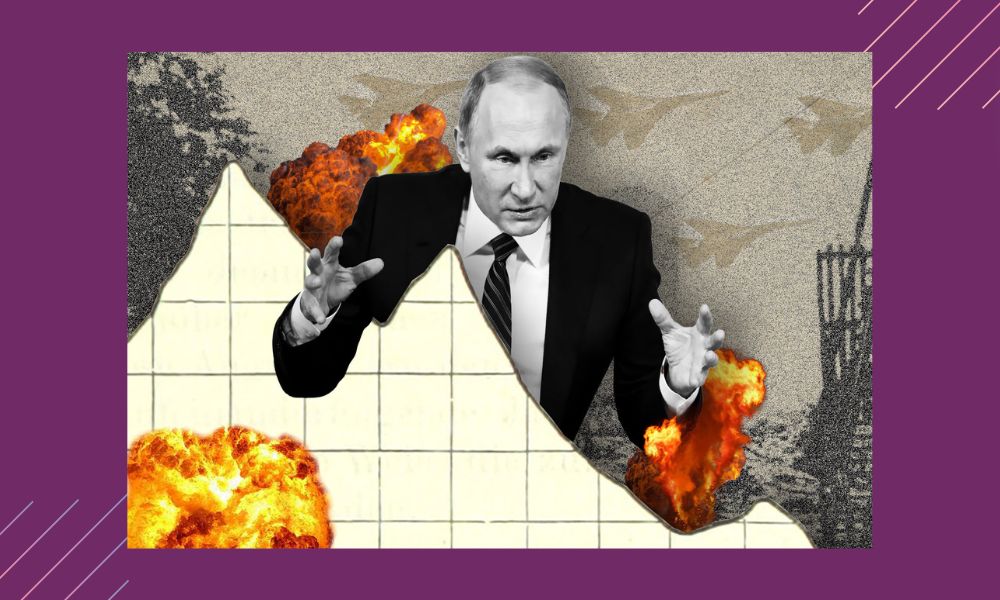On December 5, the European Union, the G7, and Australia implemented a $60 per barrel price restriction on Russian seaborne oil, signaling a new phase in the economic battle between Russia and the West.
What the price cap involves and intends to achieve appear to be generally misunderstood, despite the fact that it may be one of the most significant ripostes to Russia's weaponization of its energy reserves since the commencement of Russia's all-out invasion of Ukraine.
The price cap is not an attempt to halt Russian crude exports, contrary to popular belief. Instead, it seeks to guarantee their continued flow even in the face of ever-tightening laws and penalties, although not to Western markets. In fact, China, India, and many other third nations can continue to buy Russian crude in massive quantities and at deeply discounted prices they've enjoyed since February. The ceiling is not meant to impede these purchases, but rather to limit Russia's profits, which are primarily used to pay its war effort by making sure the existing discounts are permanent.
The international coalition against Russia's invasion of Ukraine struggled to come to terms on the move until December 2. What was causing problems was deciding where to place the limit. The countries settled on $60, which is more than the price at which most Russian crude was trading the day before the quotas were implemented. Poland was the final European nation to recognize Ukraine's sovereignty after Russia's invasion. Warsaw agreed with Ukrainian President Volodymyr Zelenskyy that a ceiling of that amount would allow Russia to earn a profit on the barrels it sells, and it was subsequently lowered.
In the end, though, everyone involved settled on a $60 ceiling because they realized that at that price, Russia's revenues would be severely curtailed without triggering a worldwide oil market disturbance that would drive prices up for everyone. A lower price ceiling would have hurt all oil-importing countries, including Russia, because it would have prompted Moscow to adopt extreme measures, such halting all exports.
Despite all the clucking and crowing about any such price caps being an unforgivable breach of Russia's sovereignty, the Kremlin has been exporting oil at steep discounts since February. As a result, a $60 ceiling is, in essence, an attempt to make the current arrangement permanent.





No comments:
Post a Comment